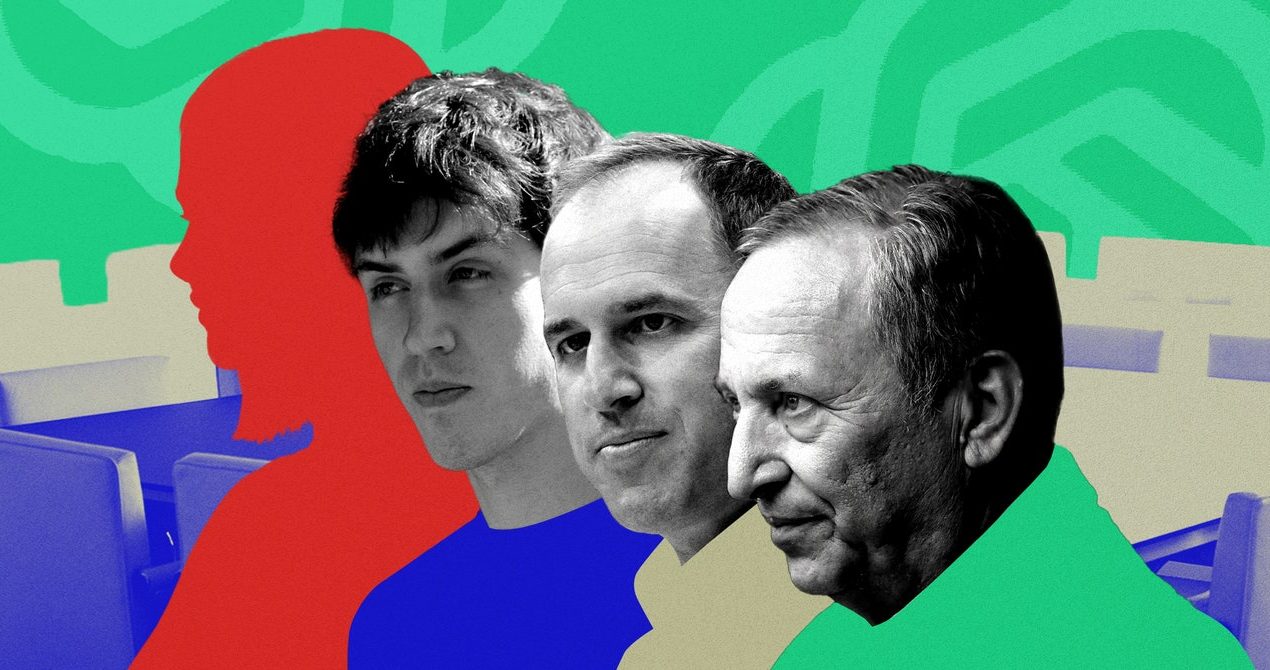“It’s repulsive to me,” says Gebru. “I honestly think there’s more of a chance that I would go back to Google—I mean, they won’t have me and I won’t have them—than me going to OpenAI.”
The lack of women in the AI field has been an issue for years; in 2018, WIRED estimated that only 12 percent of leading machine learning researchers were women. In 2020, the World Economic Forum found that only 26 percent of data and AI positions in the workforce are held by women. “AI is very imbalanced in terms of gender,” says Sasha Luccioni, an AI ethics researcher at HuggingFace. “It’s not a very welcoming field for women.”
One of the areas where women are flourishing within the AI industry is in the world of ethics and safety, which Luccioni views as comparatively inclusive. She also sees it as significant that the ousted board members reportedly clashed with Altman over OpenAI’s mission. According to The New York Times, Toner and Altman had bickered over a research paper she published with coauthors in October that Altman interpreted as critical of the company. Luccioni believes that in addition to highlighting gender disparities, this incident also demonstrates how voices advocating for ethical considerations are getting hushed.
“I don’t think they got fired because they’re women,” Luccioni says. “I think they got fired because they highlighted an issue.” (Technically, both women agreed to leave the board.)
No matter what actually spurred the conflict at OpenAI, the way in which it was resolved, with Altman back at the helm and his dissenters out, has played into a narrative: Altman emerging as victor, flanked by loyalists and boosters. His board is now stocked with men eager to commercialize OpenAI’s products, not rein in its technological ambition. (One recent headline capturing this perspective: “AI Belongs to the Capitalists Now.”) Caution espoused by female leadership at least appears to have lost.
O’Mara sees the all-male OpenAI board as a sign of a swinging cultural pendulum. Just as some Silicon Valley tech companies have been working to correct their woeful track records in diversity and consider their environmental footprints, others have recoiled against “wokism” in various forms, instead espousing hard-nosed beliefs about work culture.
“It’s this sentiment around, ‘OK, we’re done being touchy-feely,’” she says. “Whether it’s Elon Musk’s ‘extremely hardcore’ demands or Marc Andreessen’s recent manifesto, the idea is that if you’re calling for people to take a pause and consider potential harms or complaining about the lack of representation, that is orthogonal to their business.”
OpenAI is reportedly planning to expand the board soon, and speculation is rampant about who will join. Its conspicuously all-male and all-white makeup certainly did not go unnoticed, and OpenAI is already looking at prospects who might placate some critics. According to a Bloomberg report, philanthropist Laurene Powell Jobs, former Yahoo CEO Marissa Mayer, and former US Secretary of State Condoleezza Rice were all considered but not selected.
Source




